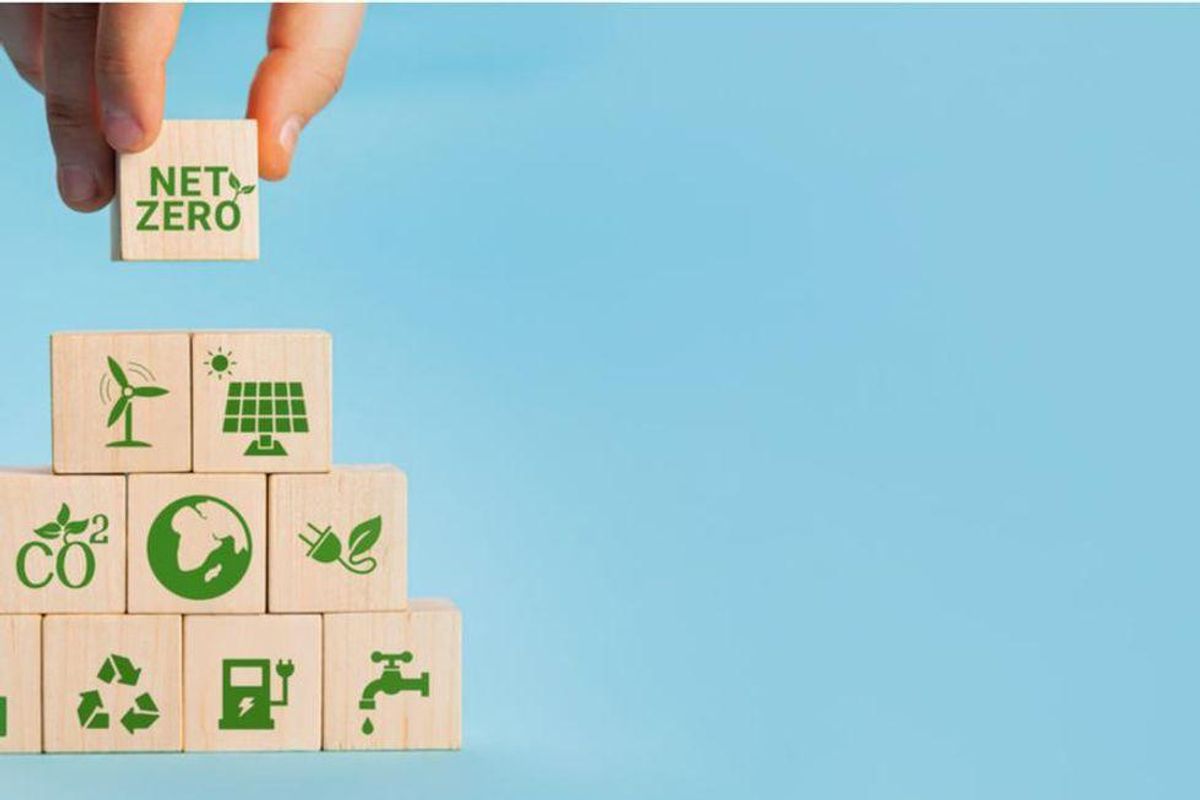What Does Australia's Carbon Neutrality Program Mean for Miners?
An Australian program allows companies to achieve net-zero emissions by buying carbon offsets. Here's what resource investors should know about the process.

Australia is a land of natural wonder. One-fifth of the continent is desert, it neighbours the Great Barrier Reef and the country contains some of the most unique animal species on the planet.
Caring for the Australian environment is becoming increasingly important as bush fire dangers grow seemingly by the year and invasive species threaten local wildlife. Carbon neutrality is one way that companies are trying to do their part to protect the ecosystem and ensure positive living conditions and good business for years to come.
But what does carbon neutrality mean for investors, and how can market participants gauge whether a firm is doing a good job achieving carbon-neutral status? Read on to find out more about what it means to be carbon neutral in Australia.
What is Australia's carbon neutrality program?
The Australian government started the Climate Active Carbon Neutral Standard program in 2019 as a rebranded, refurbished version of the National Carbon Offset Standard, which began in 2010. The Climate Active program is a partnership between the country's government and Australia's businesses, and is designed to promote voluntary actions to lessen harm to the environment. It focuses on measuring, reducing and offsetting carbon emissions.
The way a business receives this certification is by bringing its net emissions to zero, which is what "carbon neutrality" is. Think of it like a carbon non-profit organisation whose year-end balance must read "zero."
A business seeking carbon neutrality must first measure its greenhouse gas emissions. This involves calculating fuel and electricity use in the company's physical buildings, as well as for travel. Once calculations are complete, the business lowers its emissions as much as possible. For example, it might choose to invest in new technology to reduce energy use or find ways for employees to work from home or otherwise avoid travel.
Of course, no business can run on zero energy or fuel consumption, so to get to carbon neutrality, the business then has to purchase carbon offset units. These are "generated from activities that prevent, reduce, or remove greenhouse gas emissions from being released into the atmosphere." Once the business has purchased enough offsets to bring its carbon emissions to "net zero," it has achieved carbon neutrality, and can be certified as such by the Climate Active program.
Does being carbon neutral help mining companies?
Carbon neutrality can help mining companies quite a bit, and not just by giving them a clearer conscience.
If a company, in an effort to reduce its emissions, invests in better technology, it will use less energy and perform more efficiently. Superior technology and lower costs are intrinsically beneficial. The immediate result of reducing waste is purely economical for a company: the actual bottom line is that less waste is more money.
Being certified as carbon neutral can also benefit public relations. Customers and clients who are interested in reducing emissions and environmental impact will be more inclined to support companies that commit to, and follow through on, emissions reduction. Indeed, the Australian public has increased its belief in climate change from 2012 to 2021.
There is also an interesting fringe benefit to carbon neutrality. In a Reuters article on the subject of mining companies moving toward net-zero emissions, Konrad von Szczepanski, director and partner with Boston Consulting Group, describes metals like nickel and copper as "vital to a lower-carbon economy" due to their green applications.
Meanwhile, the Guardian has reported on the effects of “climate action” (or inaction) on the Australian economy, noting that a lack of decisive movement could shrink the economy, costing hundreds of thousands of jobs and as much as AU$3.4 trillion dollars.
On the contrary, a 2050 carbon neutrality target would not just prevent losses, but could grow the Australian economy by an estimated 2.6 percent and add 250,000 jobs. Australia's mining companies are included in that boost as they have major potential to become part of the supply chain for green energy, such as lithium and green steel.
Should investors care about carbon neutrality?
BHP (ASX:BHP,NYSE:BHP,LSE:BHP) and Rio Tinto (ASX:RIO,NYSE:RIO,LSE:RIO) — two of the world's biggest mining corporations — have pledged carbon neutrality by the year 2050, and when giants take steps, others must take notice. On the other hand, it's important to note that this is a long-term move; 2050 is still quite a long time from now.
There is evidence that suggests, however, that carbon neutrality is going to be more and more impactful on companies. Saiga Eggerstedt of Schroders Wealth Management writes, "Companies focusing on carbon emissions reduction and neutrality are going to be better placed for the transition to a more sustainable economy."
While there is no such thing as sure thing when it comes to stocks — nobody can predict the future, after all — studies and opinions from professionals seems to indicate that carbon neutrality isn't just good for the climate, it's good for investors.
Don't forget to follow us @INN_Australia for real-time news updates!
Securities Disclosure: I, Ryan Sero, hold no direct investment interest in any company mentioned in this article.
- ESG Compliance and Better Technology a “Strategic Imperative” for ... ›
- Australia Mining Outlook 2022: Energy Shift to Bring Opportunities ... ›
